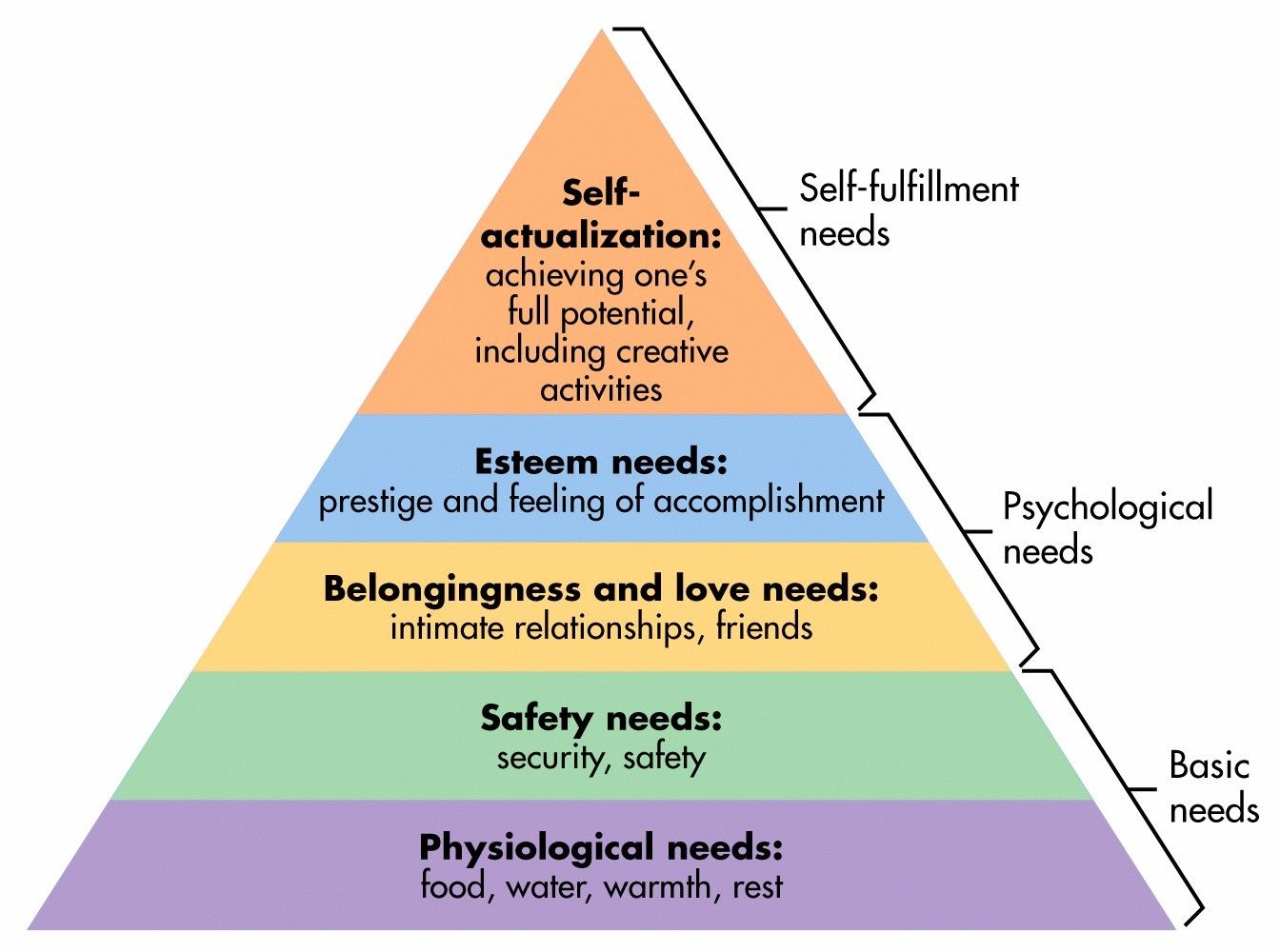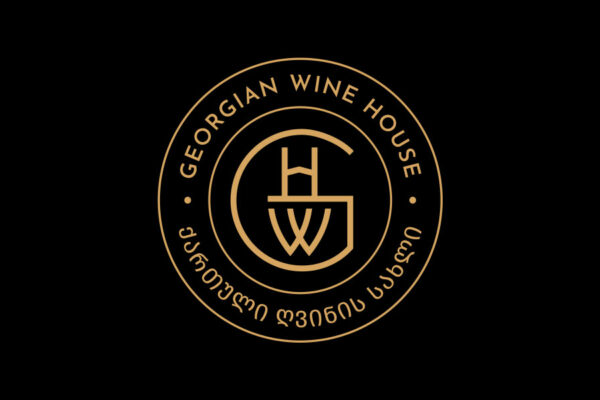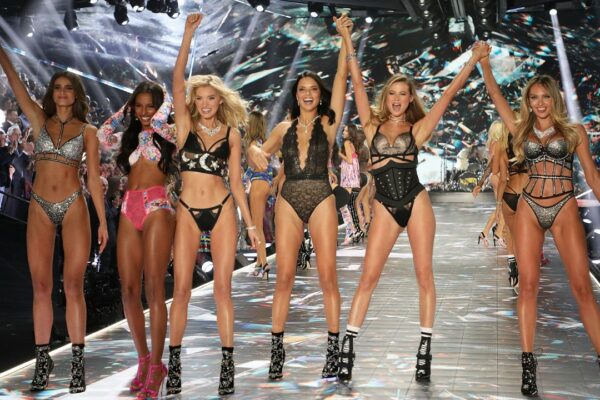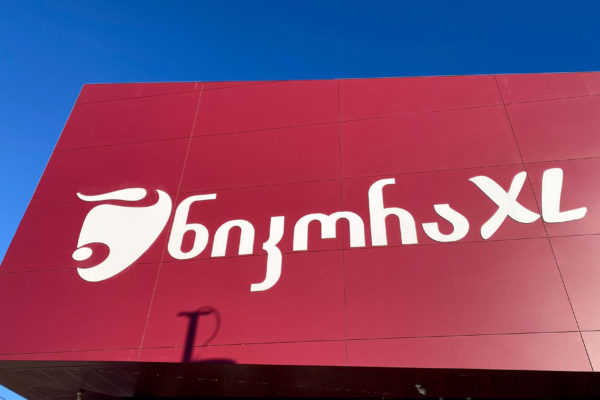
Maslow model and the customer behavior
Mariam Baghdoshvili and Lizi Tchonkadze
The marketing idea revolves around needs. The analysis of motivation includes all of the mechanisms that motivate a person to identify a need and take action to meet that need.
Dr. Abraham Maslow, a clinical psychologist, developed a generally recognized theory of human motivation focused on the idea of a fundamental hierarchy of human needs. This describes five fundamental levels of human need, ranging in significance from the most basic to the most complex.
This theory emphasizes the importance of meeting lower-level needs before moving on to higher-level needs. The consumer is motivated by dissatisfaction, according to this theory.
The levels of human needs:
Physiological Needs – The first stage of needs are food, clothes, air, and shelter. They are referred to as essential needs or main needs.
Safety or Security Needs − Once the first level needs are satisfied, consumers move to the next level. Physical safety, security, stability and protection are the security needs.
Social Needs − Consumers desire affection, belonging, and attachment after their safety needs have been met. They must stay afloat in society and strive to be accepted.
Esteem Needs − Then there are respect needs like self-esteem, rank, and reputation. Individuals at this point seek to gain mental fulfillment by rising above the general average in comparison to others.
Self-Actualization − The highest level of the hierarchy is Self-Actualization. People here strive to be the best in their fields and to boost their overall performance. Self-actualizers are people who strive to achieve their full potential.
To enjoy strong sales, advertisers must consider the motivations of their future buyers. A buyer’s motivations vary depending on the circumstances. In such situations, advertisers can quickly assist their clients by altering their marketing approach to settle the dispute. Approach Conflict and Approach Avoidance Conflict are the major problems that may arise.
Approach conflict – When a customer has two alternatives for identical goods or services, a dispute occurs. He values them both equally and is unable to select one over the other.
Approach avoidance conflict – This form of dispute arises when a customer agrees to purchase a product but is disappointed with one of its features and tries to stop it. In this case, the marketer could make a few changes to the existing product to make it more appropriate for the customer.
When consumers are emotionally invested in a purchase and perceive major discrepancies between brands, they engage in complex purchasing behavior. This is characteristic of high-end or self-expression products. When customers are highly interested but see no difference between products, they engage in dissonance-reducing purchasing conduct. Post-purchase regret is referred to as dissonance. Habitual purchasing happens when there is no involvement and there are few noticeable brand differences. Consumers buy habitually and without much thought. Where there is little customer interest but major perceived brand discrepancies, variety-seeking purchasing behavior emerges. In such circumstances, customers often switch brands.
Now let’s talk about “Nikora” in a few words. “Nikora” was founded in 1998 with Georgian capital and undoubtedly has been the leader of the food market for 23 years. Currently, the holding company includes meat products, semi-finished products, fish, dairy products, ice cream, bakery products, salads and wine. In addition, one of the subsidiaries of “Nikora” “Intrade” is the exclusive importer of many types of food and beverages in Georgia.
As we have already said physiological needs are the basic needs that every person needs. We have the demand of food and water because it is what we need to function. Because there are physiological needs, we as customers, go to market to satisfy ourselves. “Nikora” has 500 types of product and has 292 in Georgia, making it available for people to purchase it, plus it has partnership with “glovo”, so that people will buy anything they want from home.
This need occurs after physiological needs are met, and it explains why people are motivated by things like job security, insurance, and accumulating money. One example would be a commercial showcasing the safety ratings of a new car that is about to be launched, highlighting the product’s value over price, technology, luxury, and so on. Fear of not being able to recover from an injury or experiencing financial loss (due to a car accident) is a popular marketing messaging tactic used to convince consumers that the business can protect them from such risks. In “Nikora” case – The company itself supplies raw materials for its products and in this direction, cooperates only with the authoritative factories that supply the EU countries and the USA. “Nikora” is one of the first Georgian food companies, which has held ISO 9001: 2008 for many years; ISO 22000: 2005 – HACC certifications and strictly adheres to international standards of quality management and food safety in both production and management. Customers can trust “Nikora”, cause of food safety and employee safety.
Humans’ desire for love and belonging is concerned with families, affection, and friendships, as well as the strength of those ties. In social media, we see the desire to belong the most. In addition to being an essential feature of marketing communications, social media is fundamentally interpersonal in its application. This is because the organization strives to build brand communities that make consumers feel like they are a part of something bigger. The psychological desire for affection and belonging is satisfied by creating a sense of belonging with customers. “Nikora” makes sure to stay connected to the customers with social media and also sends messages to the customers’ numbers as well.
Marketers will also refer to this higher degree of psychological encouragement to convince consumers because humans have a desire to feel valued. Companies may also manipulate a customer’s purchase choices by appealing to their esteem by providing a luxurious experience, an opportunity to master something, or recognition. For example, when company sells a type of status with their product, the client feels more in control. With this they give customers the feeling of luxury and superiority if they own the product. During this time, customer feeling would be like “feeling at home”, for example, buying a hot chocolate because grandma used to make that specific one. The levels of satisfaction come when you cover all of the checks in his pyramid.
Self-Actualization is concerned with the realization and attainment of an individual’s full potential, which has a subjective definition that is determined by the individual. It translates as a willingness to be the best person they can be and to ‘get the most out of life.’ Whatever it is, in that person’s mind, that is the pinnacle of achievement. This is the most difficult need for advertisers to cater to because there’s a good chance that the products/services a company offers don’t make up a person’s entire identity.
The slogan of “Nikora” is “your delicious choice”. “Nikora” also occupies a worthy place among Georgian producers due to its contribution to the development of the Georgian economy. The company has contributed more than 200 million GEL to the state budget during its existence.
The organization will focus content and offer more meaningful and valuable facts, goods, and services by aligning the message with a customer’s psychological needs/motivations.





